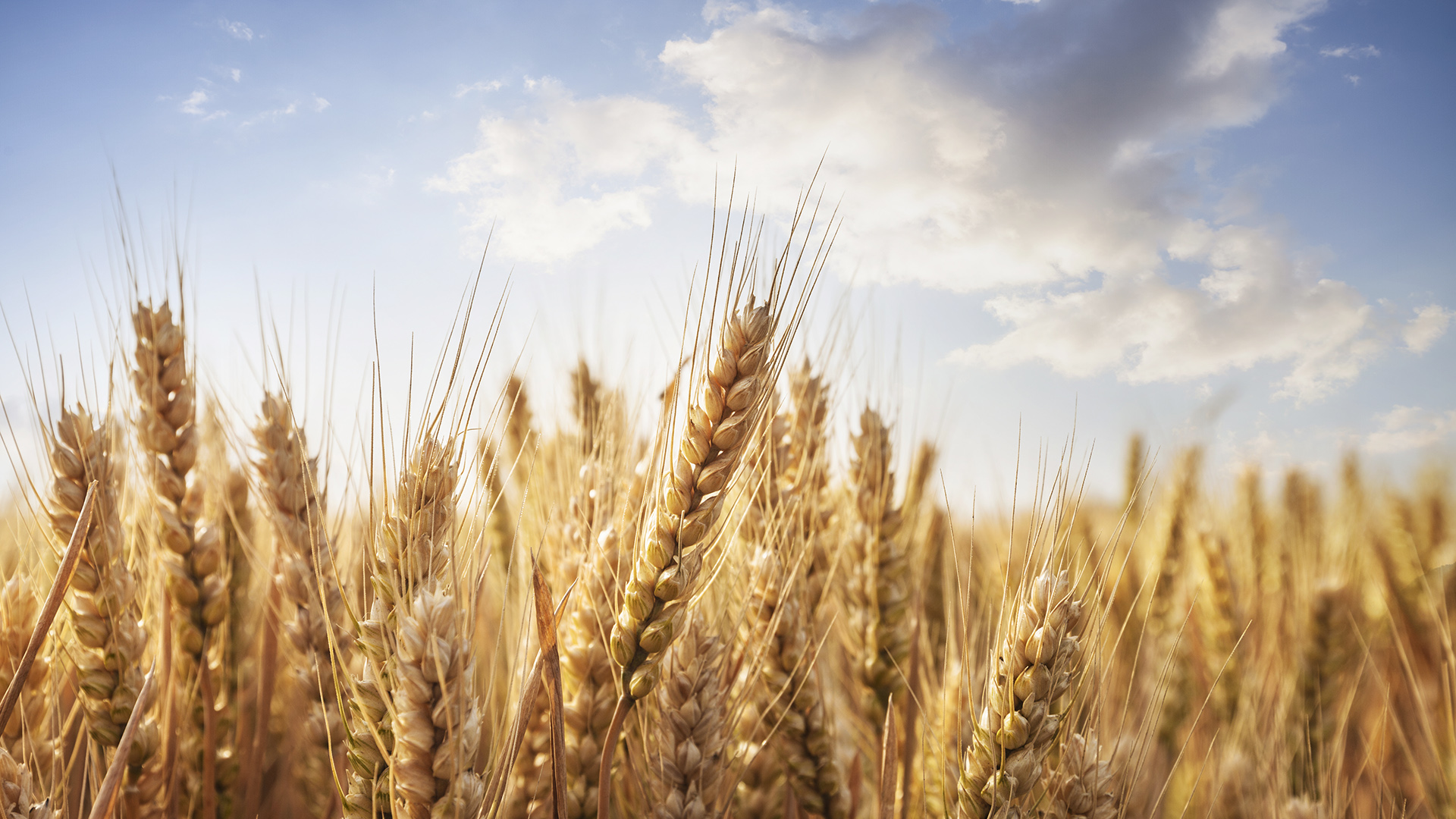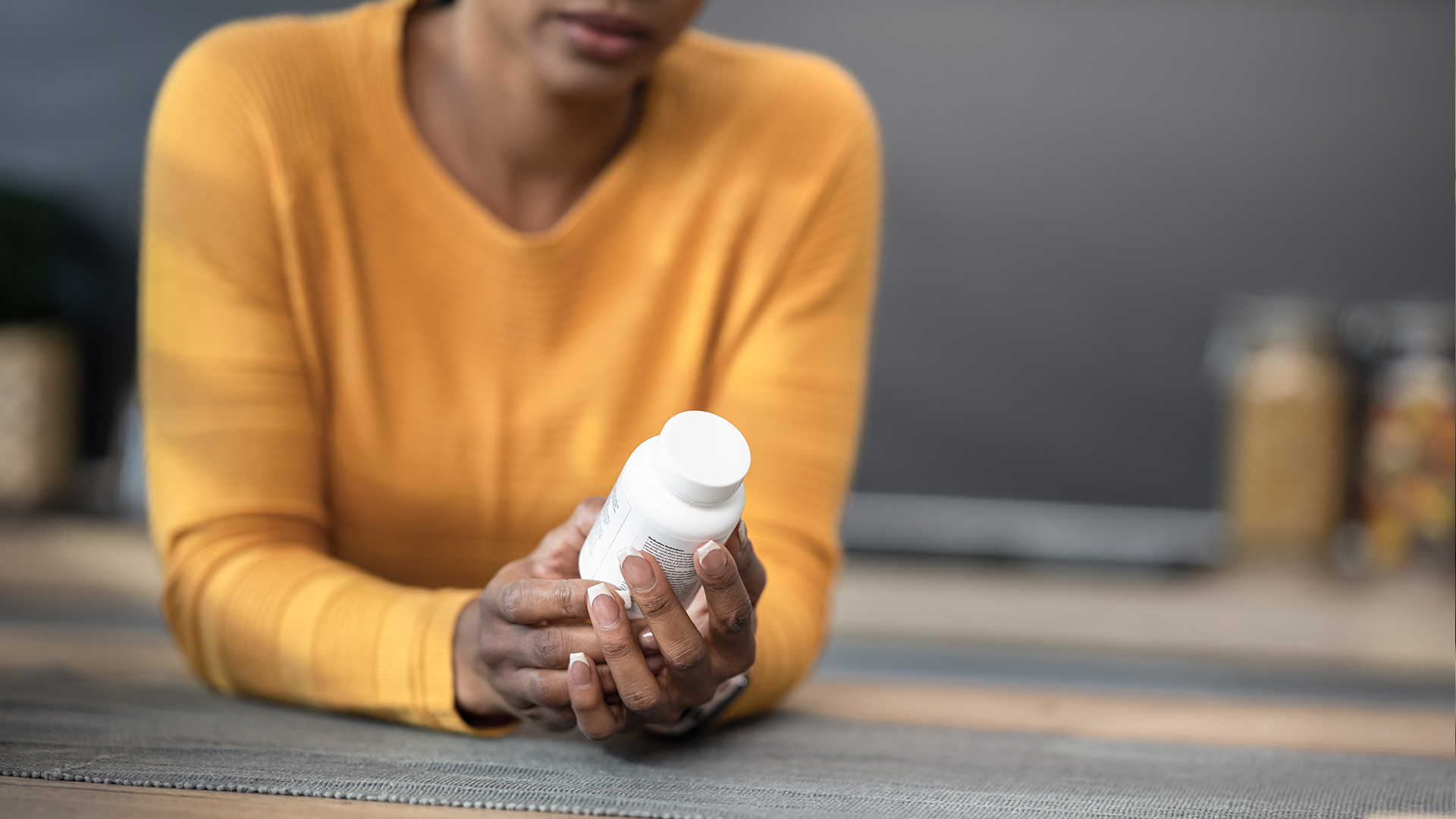ARTICLES > HEALTH & WELLBEING
TAKING MEDICINES WHEN YOU’RE GLUTEN FREE
Is your medicine safe to use if you’re on a gluten-free diet? Accredited Practising Dietitian and health expert Penny Dellsperger explains.
By Penny Dellsperger
HOW DO I KNOW IF A PHARMACEUTICAL OR MEDICINE IS OKAY TO USE?
The Therapeutic Goods Administration (TGA) requires that both prescription and non-prescription (over-the-counter) medications declare when ingredients are derived from gluten – when gluten is present at 20ppm or more.
If you have been diagnosed with coeliac disease, the information you need to choose a suitable medication will on the packaging of over-the-counter medications and in the Consumer Medicines Information (CMI) leaflet of prescription medication.
If there is no mention of gluten or wheat starch, then the medication is suitable. Coeliac Australia considers medications containing detectable levels of gluten less than 20ppm to be suitable for those with coeliac disease; this means that if there is no mention of wheat or gluten on the pack or in the CMI, then the product is suitable.
Remember that product formulations can change, so it is important that you check the packaging every time you purchase any medicine; the most current and reliable information will be on the packaging. When offered a generic version of a medication, ensure that it is also suitable.
PRESCRIBED MEDICATIONS CONTAINING WHEAT STARCH
There are some instances where a medication containing wheat starch may still be suitable. If you are prescribed a medication that contains wheat starch, and there are no alternatives that are free of gluten-derived ingredients, speak to your doctor or contact Coeliac Australia to help determine whether the medication will still be suitable for you.
For example, one particular medication for ADHD contains wheat starch. However, given that there is very little gluten in wheat starch, and such a small quantity of wheat starch is used in each tablet, the amount of gluten in each tablet becomes insignificant. Hundreds of tablets would need to be consumed each day to reach an amount that would be considered harmful for someone with coeliac disease.
WHAT DOES 'NO ADDED GLUTEN' MEAN?
The wording ‘no added gluten’ sometimes appears on vitamin and mineral supplements. It is not a permitted term for food products due to its ambiguity.
Generally, manufacturers use ‘no added gluten’ to communicate that while none of the ingredients in the supplement product contain gluten, they do not test the finished product for gluten and so do not make a specific ‘gluten free’ claim. Coeliac Australia considers these products suitable for the gluten-free diet.
GOT A QUESTION?
We know living gluten free comes with changes and sometimes a lot of questions – share yours for some good advice from Penny.
READ THIS NEXT

WHAT DOES ‘MAY CONTAIN GLUTEN’ MEAN?
What does ‘may contain gluten’ on a food label mean? Should you avoid these products? Here’s what you should know.

ARE MY SUPPLEMENTS GLUTEN FREE?
Can you still have your supplements if you have coeliac disease? Accredited Practising Dietitian and health expert with Coeliac Australia Penny Dellsperger shares her advice.

SPOTTING WHEAT-DERIVED INGREDIENTS
Why are there wheat-derived ingredients in gluten-free products? Accredited Practising Dietitian and health expert Penny Dellsperger explains.
See more















I have been prescribed Doryx anti-biotics {100mg) for a dry cough following covid and I noticed that one of the ingredients is wheat starch containing gluten.. I am gluten intolerant with the risk of anaphylaxis. From reading various opinions online, some of which suggest that the level of gluten would be very low, could you advise if you are aware of this and if it would be safe for me to take. My doctor is aware of my gluten intolerance, but still prescribed it.